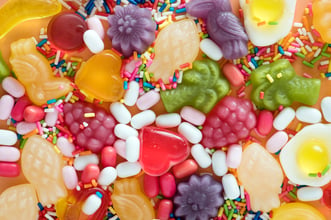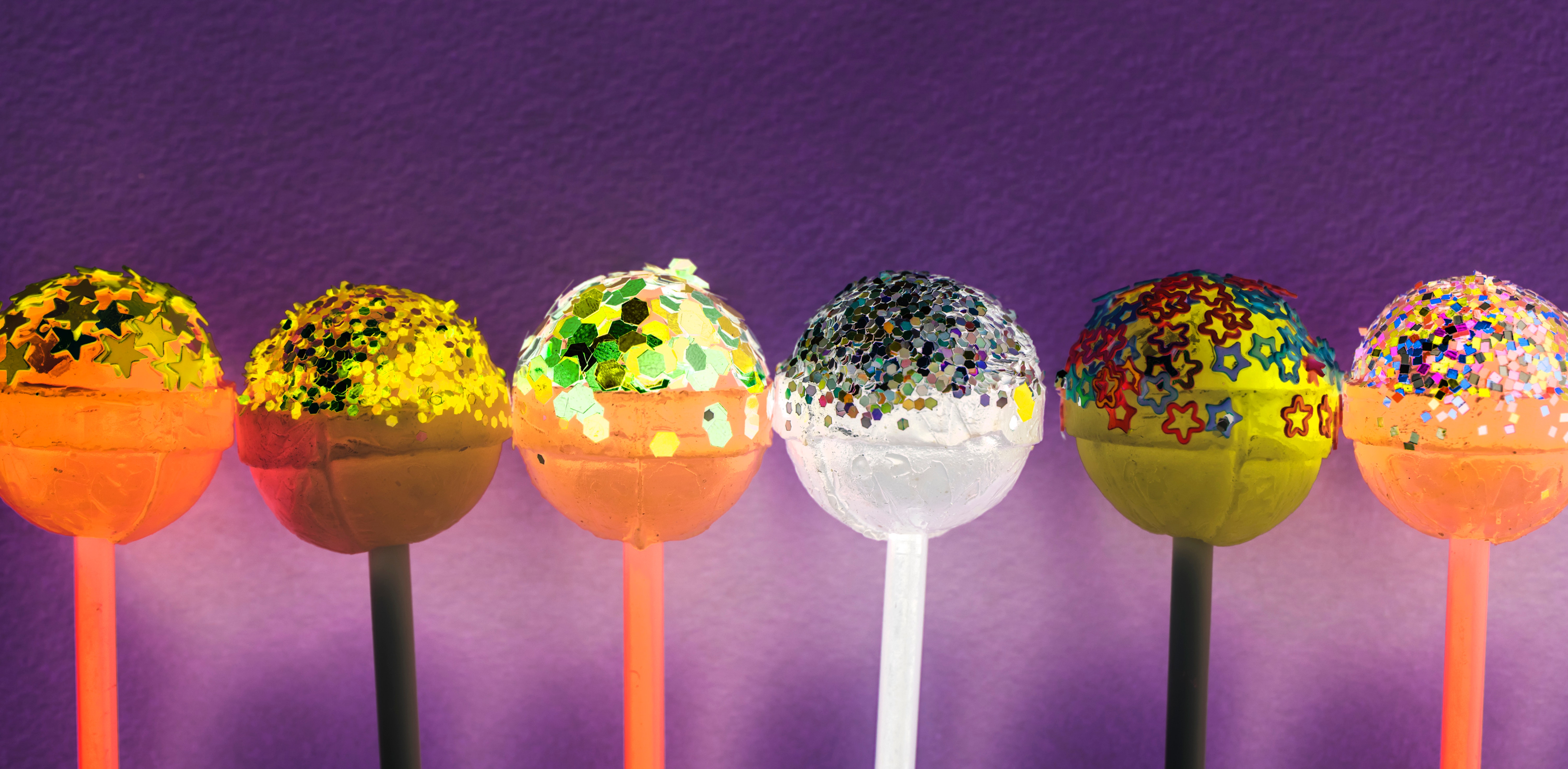In 2018, incredible innovations were made in the food & drink industry. It was a year to behold in terms of the way the industry moved forward. With the threat of Brexit and other factors in the mix, the food and drink industry looked to the future. Many food and drink businesses are taking advantage of R&D tax credits as they innovate. The UK government (as many other governments around the world) are looking to reward businesses that take a risk to innovate. If you are one of these, then you should get in touch and we’ll explain how we can help.
Every year, new technologies take us to new levels in our daily life. The food and drink industry has embraced this and takes massive strides forward all the time. This provides the end consumer with better quality, safety and information. This blog post will look at the most exciting of these, focusing on how these were beneficial to the businesses in terms of allowing them to claim R&D tax credits. So, with this in mind, let’s take a look at the 10 most exciting food & drink innovations of the last year

Reduction in Sugar
We have seen the war on fat turn into the war on sugar as far as science and legislation is concerned. The sugar tax forced some drink manufacturers to reduce the sugar content. And it isn’t just through changes in legislation that sugar is being tackled. Scientists have long been looking for alternatives that provide a sweetness on the palate but don’t have the same effect as sugar on the body.
MycoSmooth is a mushroom-based product that reduces the bitter taste of cocoa – thus sweetening it without the need for sugar. This instantly reduces calories. Expect to see more of this kind of thinking from the food and drink industry in the future.
Raw Food Revolution
Going back millennia, humans didn’t have access to ovens – or even fire. There is a movement to eat more raw foods. Fresh fruit and veg can be consumed directly from the allotment or back garden. This way you know what it has been treated with. But for the rest of your diet, there doesn’t seem to be many options.
The raw food diet looks to other sources for protein and fats, such as
- Nuts and seeds

- Fruit and vegetables
- Raw meat and fish, such as carpaccio or sashimi
Proponents of the diet suggest that eating raw food allows the natural enzymes to enter the body without being broken down. This is designed to get as much nutrient into the body as possible.
Vertical Farming Is Climbing a Height
Once looked at as merely a fad, the vertical farm has lifted off. As land became more scarce in big cities, the clever designers looked to the skies. New York and other American cities built upwards instead of outwards. Farming is looking to the same idea to make best use of valuable land.
The vertical farm stacks beds in layers so that more food can be produced from the same footprint. The yields go up, which can only be a good thing for prices and stability of supply for the end consumer. This technology would be perfect for an R&D tax claim, as it looks to the future and has uncertainty to resolve. If your food and drink business deal with uncertainty, then we’d love to talk.

Global Competition is Everywhere
Just when you thought the competition to your food and drink business couldn’t get any fiercer, up pops another competitor. If it isn’t Amazon selling groceries, then it is Deliveroo providing people with a way to get their food no matter where they are. Competition is going to continue to get stronger every year, but 2018 was the year that the balance tipped this way. You can now even get a Deliveroo on your wedding day.
It is an exciting development in the industry. The best food and drink businesses always look for opportunity and synergy in innovation. Integrating what you do into a new platform may provide teething troubles, but these are the bedrock of a great R&D tax claim. If you have any questions here then let us know.
RoboFarmers 
If vertical farming is a way of taking the scarcity of land out of the process, then a robotic farming machine will deliver an easier way of weeding, planting, harvesting and other farming functions done without human intervention. They work in a similar way to a robotic vacuum cleaner by scanning and weeding constantly, meaning the crops are protected at all times.
With the additional functions of planting seeds and even irrigation control, you can see why a robotic farming machine could catch on. This is another technology that is ideal for an R&D tax claim. But it isn’t just high-end tech that is eligible. Simple changes to processes or procedures can also qualify. If you have made changes to your food and drink business over the last few years, then you could be one of the 99% of business owners that haven’t claimed your tax back.
Beer from a Barmaid That Isn’t Really There
The self-serve beer dispenser could already be at a pub near you. Pour My Beer is one of the innovators in this field, where you top up a card that allows you to select the beer of your choice and let the automatic beer dispenser deliver your pint. As they come under more scrutiny from local councils for licensing, the technology may or may not take off.
If you are a drink manufacturer then there are possibilities here for your brand. Whether or not you want to get involved will depend on your marketing plan and ethos. As pubs look to save costs and drive profits, these might just catch on.

DNA Diets
The DNA diet is designed to give your body exactly what it needs, by analysing your DNA. These have risen up over the last year or so and provide the customer with exacting needs in their food intake. The idea behind it is that you can eat exactly what your body needs, reducing waste while keeping you fit and healthy.
Food and drink manufactures need to be aware of trends like this as they can affect the demand for their products. If you have one filled with something the DNA diet (or any other diet for that matter) recommends, then demand can spike. Have an ingredient that is being discouraged and you may see sales fall. That would be time to act.
A Personalised Nutritional Scanner in the Palm of Your Hand
2018 saw Tellspec win the EIT Innovation Award as well as the founder Isabel Hoffmann winning the prestigious EIT Women Award. Tellspec is a scanner that gives real time analysis of food and drinks from a small device. It allows the food and drink company to instantly analyse the quality and safety of their ingredients as they are delivered, for instance.
It reduces the waste in a food and drink business by putting knowledge in your hands at eh time it is vitally important. There are some handy applications such as being able to measure the water content in fish, for example so you know that the weight you pay for is the one you get. Large companies are turning to tech in order to protect their brand.
Smart Frying Pans are a Real Thing
The smart home and the Internet of Things have come a long way over the last few years. 2018 saw the rise to prominence of the smart frying pan, lead by Panteliigent. It has sensors that can tell the exact surface temperature of your food and then transits this data via Bluetooth to your phone.
More than a gimmick, the smart frying pan helps chefs practice their skills and allows the home cook to get that perfect meal every time. It links to an app that has recipes and can tell you the right time to turn the steak over or take the fish out. This will revolutionise the way we all cook. Just wish it was round when I was a kid and my mum was cooking for me!

Smart Labelling
Thinfilm lead the way here with smart labels that can provide a host of applications, such as –
- Tracking products to reduce theft
- Analysing moisture levels to protect shelf life
- Deliver messages to the buyer
All of these and other ideas help the food and drink business to stay connected to their market – and their product. This is the Internet of Things taken to the next level. For the food and drink manufacture that has a high-cost product, knowing exactly where it is provides peace of mind that theft will be reduced to almost zero.
If you have a food and drink business and have made any innovative moves over the last few years, then we really need to talk. LUMO help the food and drink business to get their hands on R&D tax credits that can run into the tens of thousands of pounds and more. Many of the innovations above will have had large R&D tax claims attached to them. Claim yours today.